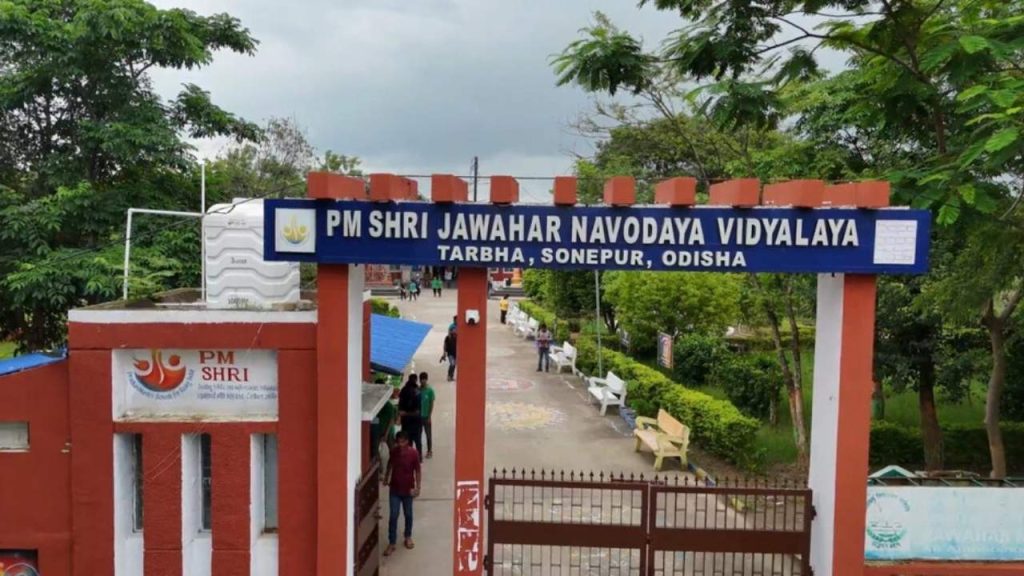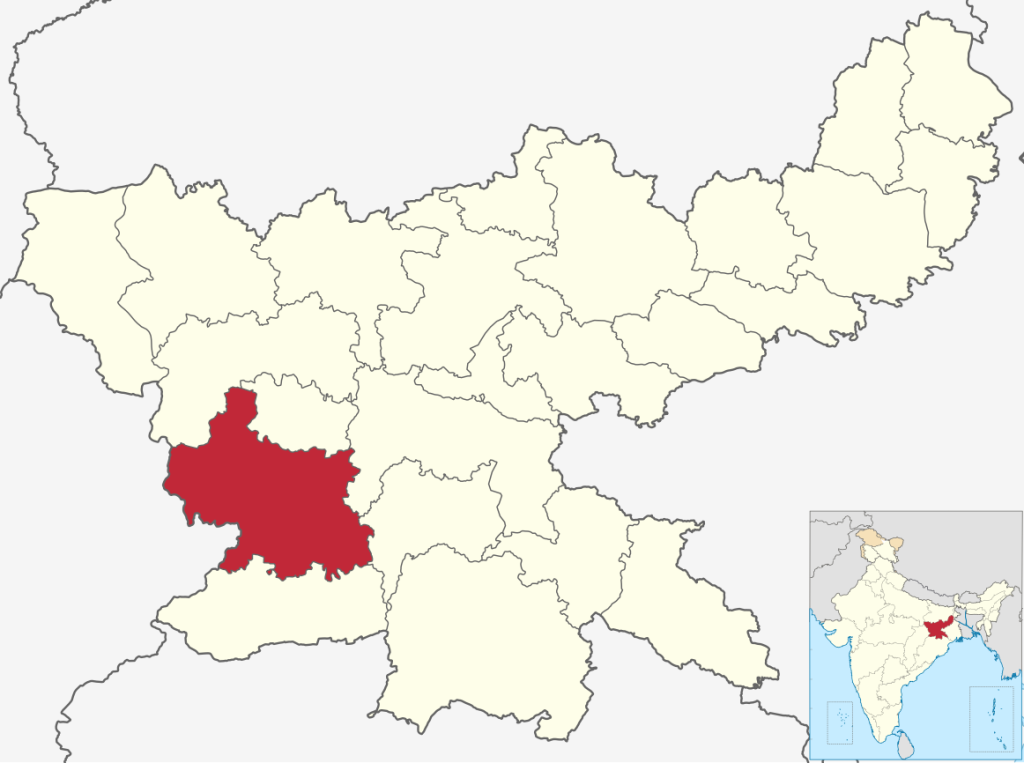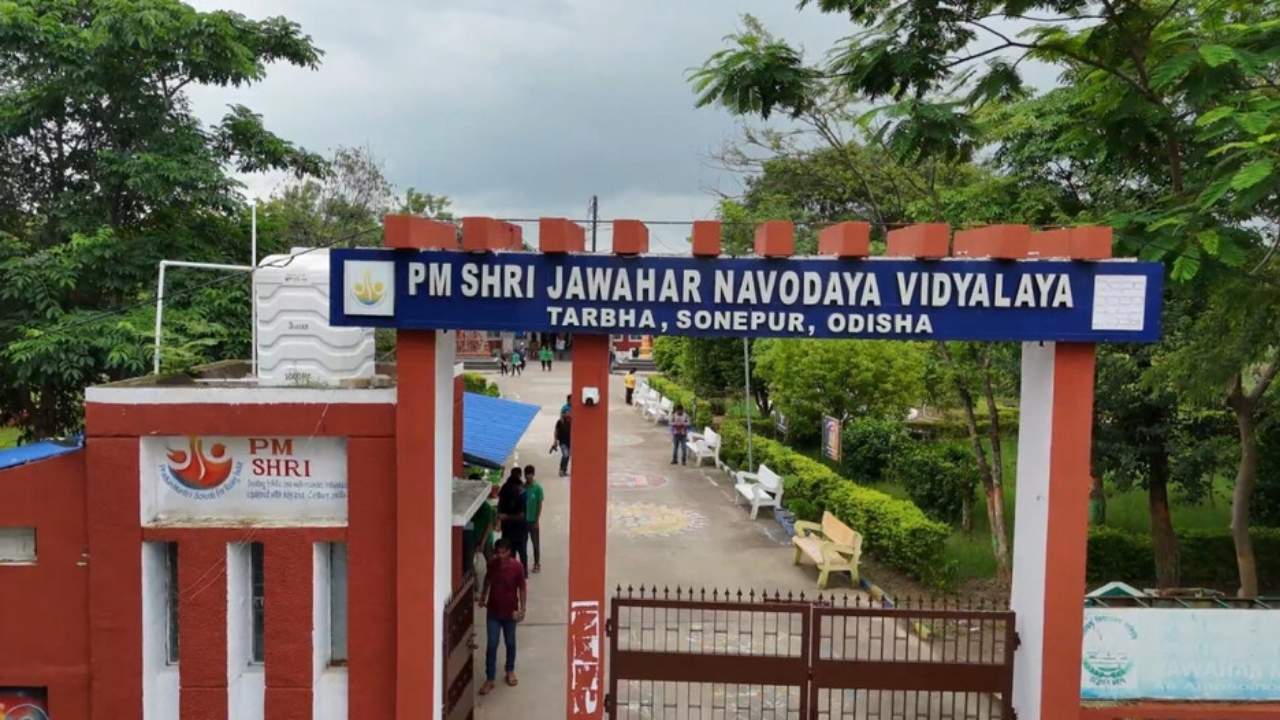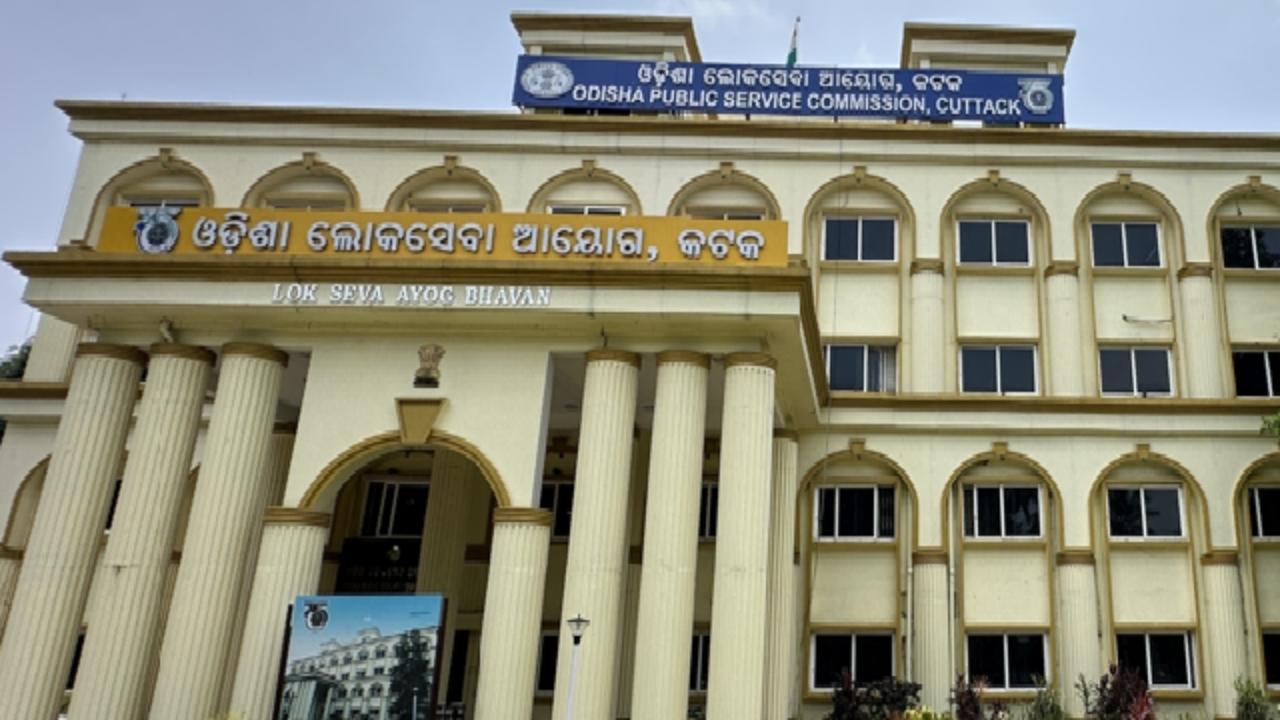Parents from Odisha are urgently appealing to authorities for the repatriation of their children enrolled in a Jawahar Navodaya Vidyalaya (JNV) in Jharkhand, citing serious allegations of abuse. The growing unrest among these families highlights significant concerns regarding student safety and welfare within the prestigious residential school system.

Escalating Concerns Over Student Welfare
The appeals stem from a series of distressing reports detailing alleged physical and mental abuse suffered by students, predominantly from Odisha, at the JNV located in Gumla district, Jharkhand. These accusations have prompted several parents to travel to the school themselves, seeking direct intervention and the immediate return of their wards. The incidents, reportedly occurring over several months, have created a climate of fear among the affected students and their families.
According to a report by The New Indian Express, parents have alleged that students are being subjected to harsh punishments, including beatings and verbal abuse, by senior students and, in some instances, by school staff. One parent, Sujata Mohanty, whose son is a Class 8 student at the JNV Gumla, stated, “My son called me crying, begging to be brought back home. He spoke of being hit and humiliated for minor infractions. We cannot let our children suffer in such an environment.”
The Jawahar Navodaya Vidyalaya (JNV) system, established by the Ministry of Education, Government of India, aims to provide quality education to talented children, predominantly from rural areas, regardless of their family’s socio-economic condition. These co-educational residential schools are designed to foster an environment conducive to learning and holistic development, making the current allegations particularly concerning for both parents and educational authorities.
Official Response and Investigations
In response to the mounting pressure from parents, officials from both Odisha and Jharkhand have initiated preliminary inquiries. The Navodaya Vidyalaya Samiti (NVS), the autonomous organization overseeing JNVs, confirmed it is taking the allegations seriously and has commenced an internal investigation.
“We have received formal complaints from several parents regarding the conduct at JNV Gumla,” stated Alok Kumar, a spokesperson for the NVS, in a press briefing last week. “A fact-finding committee has been dispatched to the school to ascertain the veracity of these claims. We assure all parents that appropriate action will be taken based on the committee’s findings.”

The Odisha State Commission for Protection of Child Rights (OSCPCR) has also taken cognizance of the matter. Mandakini Jena, Chairperson of OSCPCR, has reportedly written to her Jharkhand counterpart and to the NVS, urging a swift and thorough investigation. “The safety and well-being of children are paramount. We are closely monitoring the situation and will ensure that no stone is left unturned in safeguarding these students,” Jena was quoted saying in local media.
Broader Implications for Residential School Safety
The current situation in Jharkhand JNV underscores a broader national dialogue concerning the oversight and safety protocols within residential educational institutions. While JNVs generally maintain a strong reputation for academic excellence, isolated incidents of alleged abuse or negligence can significantly erode public trust and necessitate a re-evaluation of existing safeguarding measures.
Experts in child psychology and education emphasize the unique vulnerabilities of children living away from home. “Residential schools, by their very nature, require heightened vigilance regarding student welfare,” explained Dr. Priya Sharma, a child psychologist based in Bhubaneswar. “Children in such settings can be more susceptible to various forms of abuse, and it is crucial for institutions to have robust reporting mechanisms, trained staff, and a culture that encourages open communication without fear of reprisal.”
Parents have also raised concerns about the perceived lack of timely communication from the school authorities regarding the incidents. “We only found out when our children themselves managed to convey their plight,” said Prakash Rout, another concerned parent. “There needs to be a more transparent and accessible grievance redressal system.”
Steps Towards Resolution and Future Safeguards
As the investigation progresses, parents are hopeful for a resolution that prioritizes the children’s well-being. Many are advocating for either the immediate transfer of their children to JNVs in Odisha or the implementation of stringent measures to ensure their safety and prevent future occurrences of abuse at the Gumla school.
The NVS has stated that it is reviewing its guidelines for student welfare, staff training, and grievance mechanisms across all its institutions. This includes potentially increasing the frequency of parental interactions, establishing independent counselling services within schools, and reinforcing child protection policies among staff and senior students.
Sundargarh College Bans ‘Odd Hairstyles’ for Students, Enforces Strict Entry Rules
Students in Odisha Clash with Authorities Over Dire Hostel Living Conditions – Here’s What Happened
The allegations against the Jharkhand JNV serve as a critical reminder for all residential educational institutions to continuously assess and strengthen their safeguarding frameworks. Ensuring a secure and nurturing environment for students living away from their families remains a fundamental responsibility that requires constant vigilance and proactive measures from school administrations and regulatory bodies. The current focus remains on the swift and fair resolution of the complaints by the affected Odisha parents and the students studying in the Jharkhand JNV.




